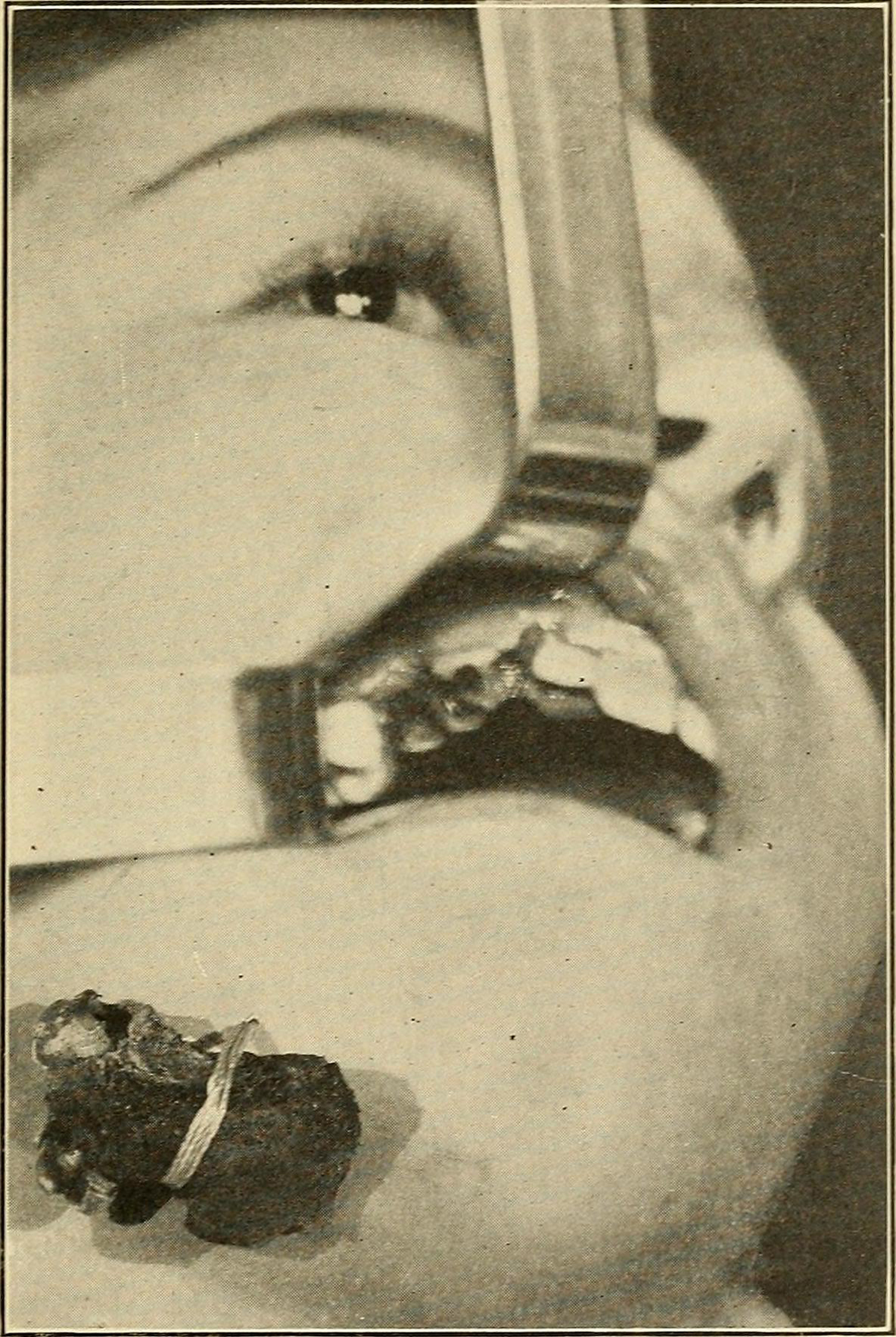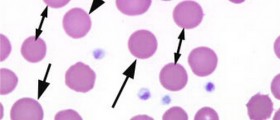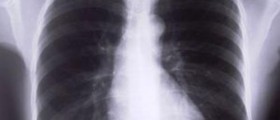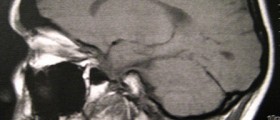
Hereditary angioedema is a medical condition that features with local swelling in the subcutaneous tissue. The edema most commonly affects the limbs, face, intestinal tract and airways. The attack can be triggered by stress or a minor trauma and in some cases it occurs spontaneously.
If there is a swelling of the intestinal tract a person suffers from an abdominal pain, nausea and vomiting while the swelling of the airway leads to severe breathing restriction which may in some cases be life-threatening. In 1/3 of all patients there is an additional sign of hereditary angioedema in a form of non-itchy skin rash. This skin rash is also known as erythema marginatum. The symptoms of hereditary angioedema basically begin during childhood and tend to become worse in puberty. If left untreated patients may have to face attacks every 1 to 2 weeks. In this case an episode lasts approximately 3 to 4 days.
Hereditary angioedema can be classified into three types, type I, II and III. The difference among them is determined by the underlying cause and the level of a protein called C1 inhibitor in the blood.
Causes of Hereditary Angioedema
The symptoms and signs of the disease are associated with low levels or improper function of C1 protein. The problem is connected to blood vessels and it features with rapid swelling of the face, hands, feet, limbs, intestinal tract, larynx and/ or trachea.
The condition usually runs in families. Still, some people are not familiar with the fact whether some of their relatives have been suffering from angioedema. Today it is known that the condition is transferred from parents to children in a form of autosomal dominant pattern. The gene mutation associated with C1 protein can be also transferred from a single parent. In some cases gene mutation occurs spontaneously and has no connection with transmission from parents.
Symptoms of Hereditary Angioedema
The symptoms may vary according to the affected organ. Airway blockage is the consequence of throat swelling and features with shortness of breath. Furthermore, one may experience repeated episodes of abdominal cramping. In severe cases of intestinal swelling apart from abdominal cramping one may experience vomiting, diarrhea and dehydration. There may be also swelling in the arms, legs, lips, eyes, tongue and throat.
Treatment for Hereditary Angioedema
The patients suffering from hereditary angioedema are usually treated with antihistamines. Epinephrine may be helpful in the acute attack and life-threatening situations. The most efficient treatment modality for hereditary angioedema includes application of C1 inhibitor concentrate. Unfortunately, this agent is not always available. Fresh frozen plasma contains C1 inhibitor and may be effective if given during an episode. Still, there is a possibility that the swelling may become even worse.
And finally, in some cases frequency of the attacks and their severity can be reduced with danazol, an attenuated androgen.

















Your thoughts on this
Loading...